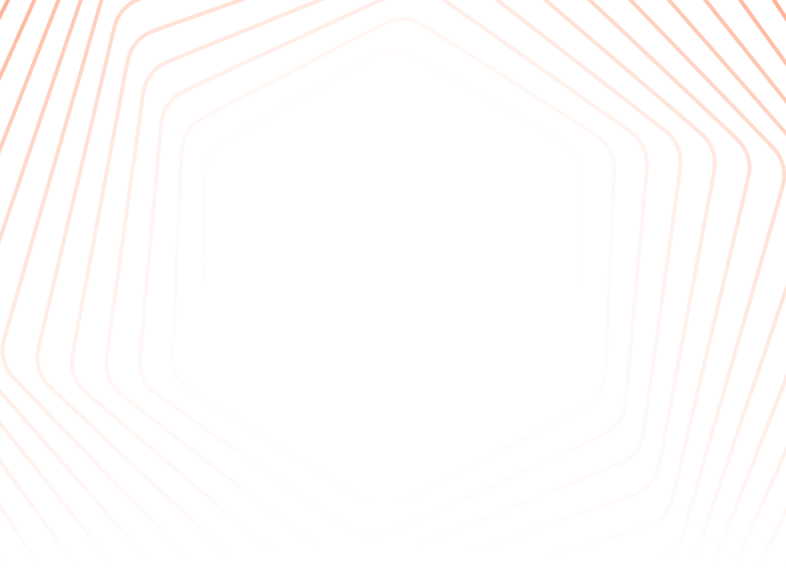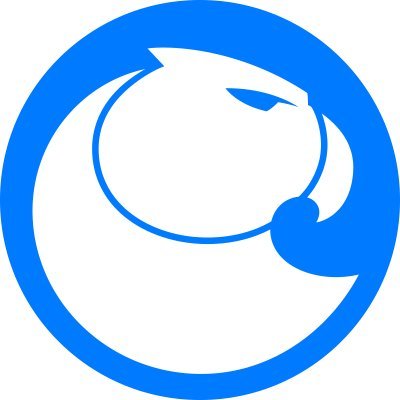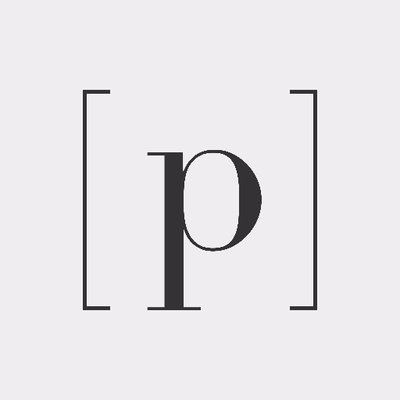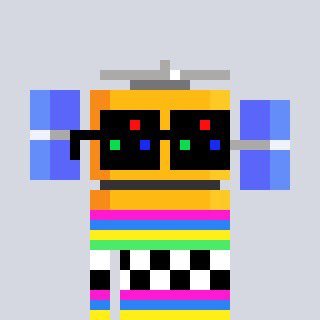Total MarketCap: $0 0
24H Vol: $0.00
BTC:
0 sat/vB
ETH: Gwei

Enable crypto investment for the global masses
Categories:
DAO Solutions
Ecosystem:
Ethereum
Polygon
Base
Arbitrum
Founded:
2016
Aragon is a decentralized governance solution for Web3 communities and organizations, which aims to make it possible for organizations, entrepreneurs, and investors to do business without a legal nexus. Aragon's open-source stack enables the deployment of a DAO, the management of a community, the resolution of disputes, and the running of enterprise-level votes, all without the need of a middleman.
Aragon Fundraising
ICO
Amount
$25M
Valuation
--
Date
May 18, 2017
Aragon Team
Aragon Investment Portfolio
Rounds in the Past Year
0
Historical Rounds
1
Lead Investments
0
Portfolio Numbers
1
News
Scan QR Code to Explore more key information
Categories:
DAO Solutions
Ecosystem:
Ethereum
Polygon
Base
Arbitrum
Founded:
2016
Aragon is a decentralized governance solution for Web3 communities and organizations, which aims to make it possible for organizations, entrepreneurs, and investors to do business without a legal nexus. Aragon's open-source stack enables the deployment of a DAO, the management of a community, the resolution of disputes, and the running of enterprise-level votes, all without the need of a middleman.
Aragon Fundraising
Fundraising Event
| Round | Amount | Valuation | Date | Investors |
|---|---|---|---|---|
| Financing after Listed | $1M | -- | Feb 20, 2020 | |
| ICO | $25M | -- | May 18, 2017 |
Aragon Team
Aragon Investment Portfolio
Rounds in the Past Year
0
Historical Rounds
1
Lead Investments
0
Portfolio Numbers
1
| Project | Funding Status | Region | Categories | Ecosystem | Founded | Token Issuance |
|---|---|---|---|---|---|---|
Tools | Jan 01, 2023 | No Token |
Powered by
News










